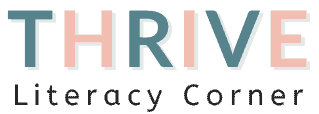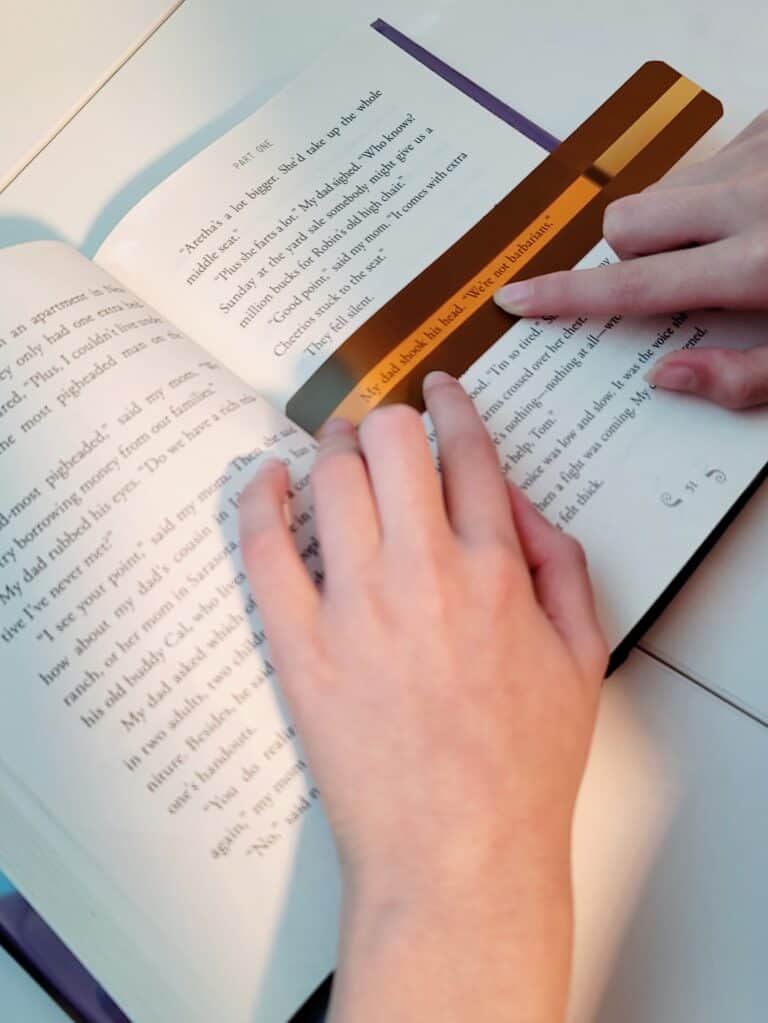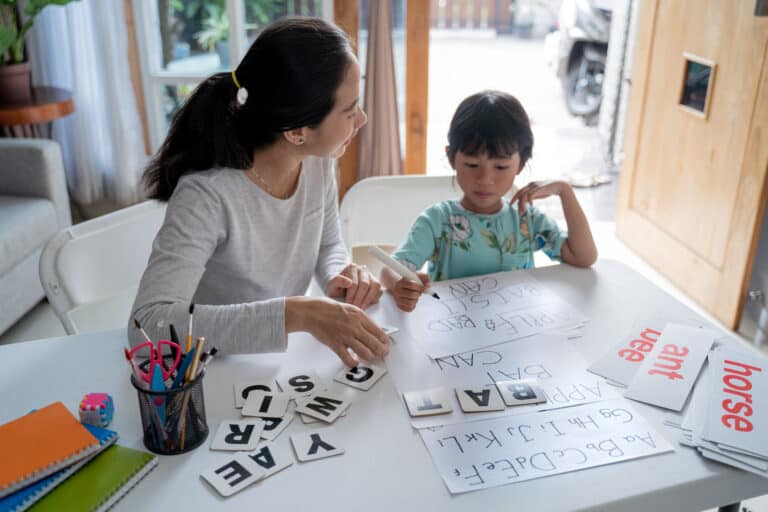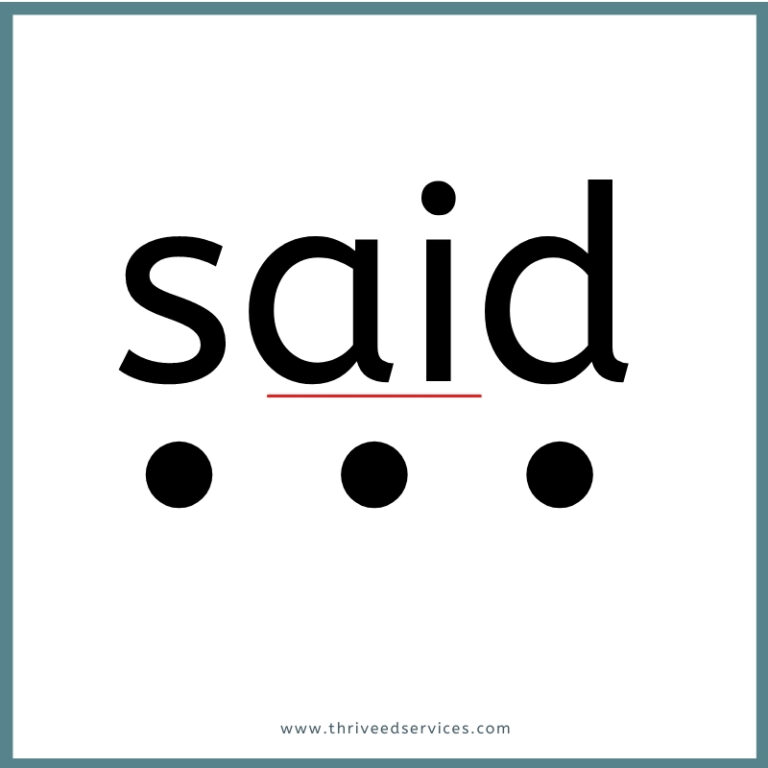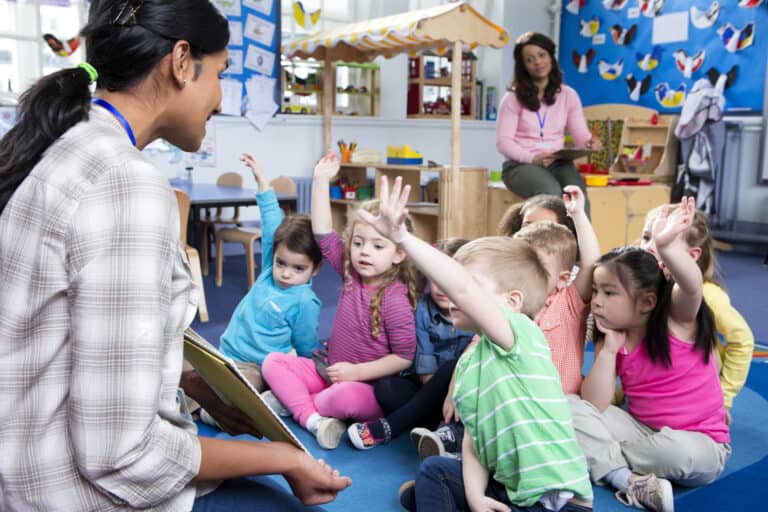The Best Reading Manipulatives + Freebies!!
Whether you’re new to teaching reading or you’re a seasoned educator, you know that using manipulatives in your reading instruction is important. Reading manipulatives help students of all ages engage with the text, build fluency, and develop comprehension skills. There are a lot of different reading manipulatives out there, so it can be tough to…
